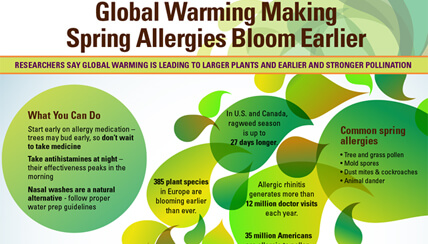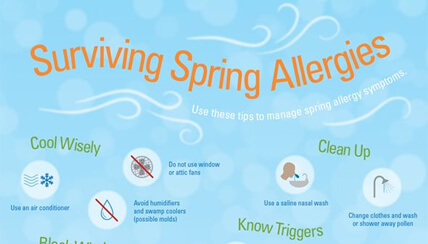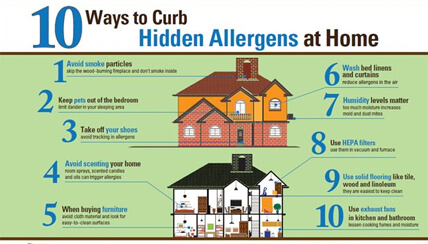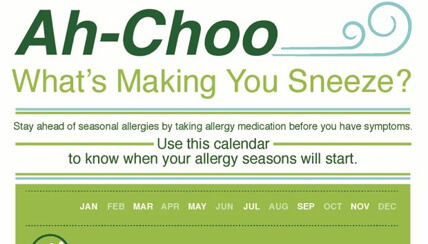Spring Allergy Tips
This information was reviewed and approved by Carah Santos, MD (12/6/2022).
 Clinical Trials
Clinical Trials
For more than 100 years, National Jewish Health has been committed to finding new treatments and cures for diseases. Search our clinical trials.




